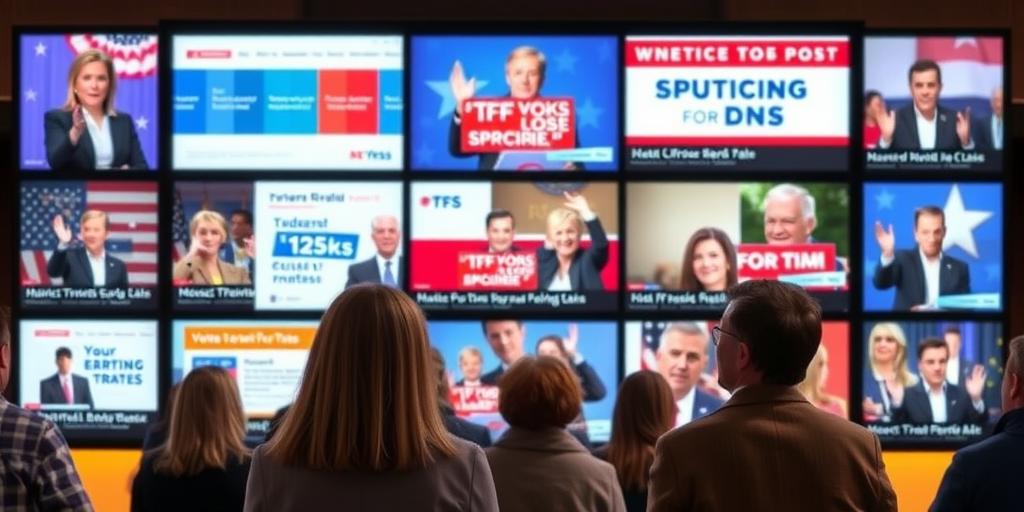Political advertising has undergone a seismic shift in the digital age. No longer confined to traditional media like television and newspapers, political campaigns now leverage a vast array of online platforms to reach voters. This transformation presents both opportunities and challenges for candidates, parties, and the electorate.
One of the most significant changes is the ability to target specific demographics with tailored messages. Social media platforms, search engines, and data analytics allow campaigns to identify and engage with voters based on their interests, beliefs, and behaviors. This level of precision can be incredibly effective in mobilizing support and persuading undecided voters.
However, the rise of digital political advertising also raises concerns about transparency, accountability, and the spread of misinformation. Online ads are often less regulated than traditional media, making it easier for campaigns to disseminate false or misleading information. The anonymity afforded by the internet can also embolden malicious actors to engage in disinformation campaigns aimed at manipulating public opinion.
Another challenge is the proliferation of 'dark ads,' which are targeted ads that are not visible to the general public. These ads can be used to spread divisive messages or suppress voter turnout without scrutiny. The lack of transparency surrounding dark ads makes it difficult to hold campaigns accountable for their content.
To address these challenges, policymakers and tech companies are exploring ways to increase transparency and accountability in digital political advertising. Some proposed solutions include requiring platforms to disclose the sources of political ads, labeling ads that contain false or misleading information, and strengthening regulations to prevent foreign interference in elections.
The digital age has fundamentally altered the landscape of political advertising. While it offers new opportunities for campaigns to connect with voters, it also poses significant challenges to democracy. By addressing these challenges, we can ensure that digital political advertising is used responsibly and ethically.









